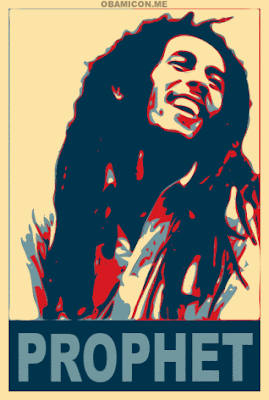The book itself is a slim 90-page recap of all the arguments Harris made in The End of Faith. While I agree with nearly every single point he makes, I was let down that there was not much new material.
 Having said that, although, Letter to a Christian Nation does not break new ground, Harris does an adept job of creating a nice little handbook for every atheist arguing the absurdity of religion. He says himself:
Having said that, although, Letter to a Christian Nation does not break new ground, Harris does an adept job of creating a nice little handbook for every atheist arguing the absurdity of religion. He says himself:The primary purpose of the book is to arm secularist in our society, who believe that religion should be kept out of public policy.I suppose one could say that Letter to a Christian Nation is a valuable because of its brevity not despite it. Harris makes several compelling arguments, my favorite being the following:
Consider: every devout Muslim has the same reasons for being a Muslim that you have for being a Christian. And yet you do not find their reasons compelling. The truth is, you know exactly what it is like to be an atheists with respect to the beliefs of Muslims. Understand that the way you feel about Islam is precisely the way devout Muslims view Christianity. And it is the way I view all religions.The rest of the book is littered with sharp nuggets like the following:
Faith is nothing more than the license religious people give one another to keep believing when reasons fail.In closing, books like Dawkin’s God Delusion and Harris’ own End of Faith are much more comprehensive arguments, but Letter to a Christian Nation is a nice read. I read it in one sitting and am happy that I did.
While believing strongly, without evidence, is considered a mark of madness or stupidity in any area of our lives, faith in God still holds immense prestige in our society.

























